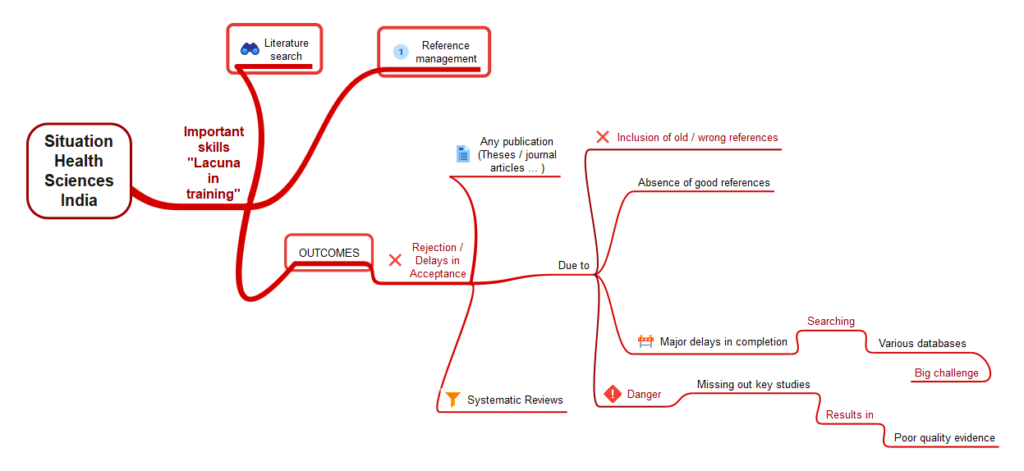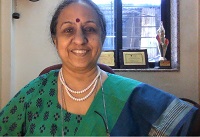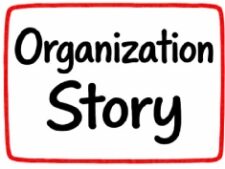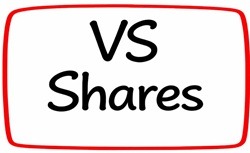About a year back I had written a post – The AETCOM handbook has it! And that this handbook has a mention about “non-core competencies” that are highly desirable for an Indian medical graduate. Section 3.4.4: specifies that the Indian Medical Graduate must:
“Demonstrate ability to search (including through electronic means), and critically evaluate the medical literature and apply the information in the care of the patient”
But this is not taught even in the Research Methodology courses or informally, with few exceptions.
QMed has been teaching these elements since 2008. Since 2020 QMed introduced ELearning courses at www.qmedcourses.in – after seeing the struggle experienced by a large number of students, residents, faculty and practitioners. And over the years observed that UG students learn all this very quickly when taught. It seems most likely that they learn quickly because they are in the learning phase, and are not yet saturated with patient care responsibilities!
The interesting bit is that when I talk about introducing this learning in the Undergraduate curriculum, I am told one or more of the following:
- The curriculum is too heavy to add anything more
- If we add something, then something else has to go
- UG students will not be interested (I wonder whether they were asked about this!)
- We cannot introduce anything without the NMC approval (But it is there in the AETCOM handbook!)
But what happens if this is NOT taught? There is a saying “If you think Education is expensive, try ignorance”. We are paying the price for ignorance in these areas. Less than desirable quality publications and time wastage.
The figure below illustrates how this lacuna leads to struggles in acceptance of a thesis or a publication. And I guess most people who read this can relate to it.

To introduce this in the UG stage, we need to go through a step by step approach
Start with making the learning available to students and do everything to encourage them to learn. Students can take their full four years of UG time to learn these skills little by little. With a little guidance and encouragement, they are sure to learn it all.
If they do, they would have a stronger foundation for doing their research for their thesis. And probably lots more enthusiasm. And that will set the foundation to understand and/or pursue research in their professional careers!




